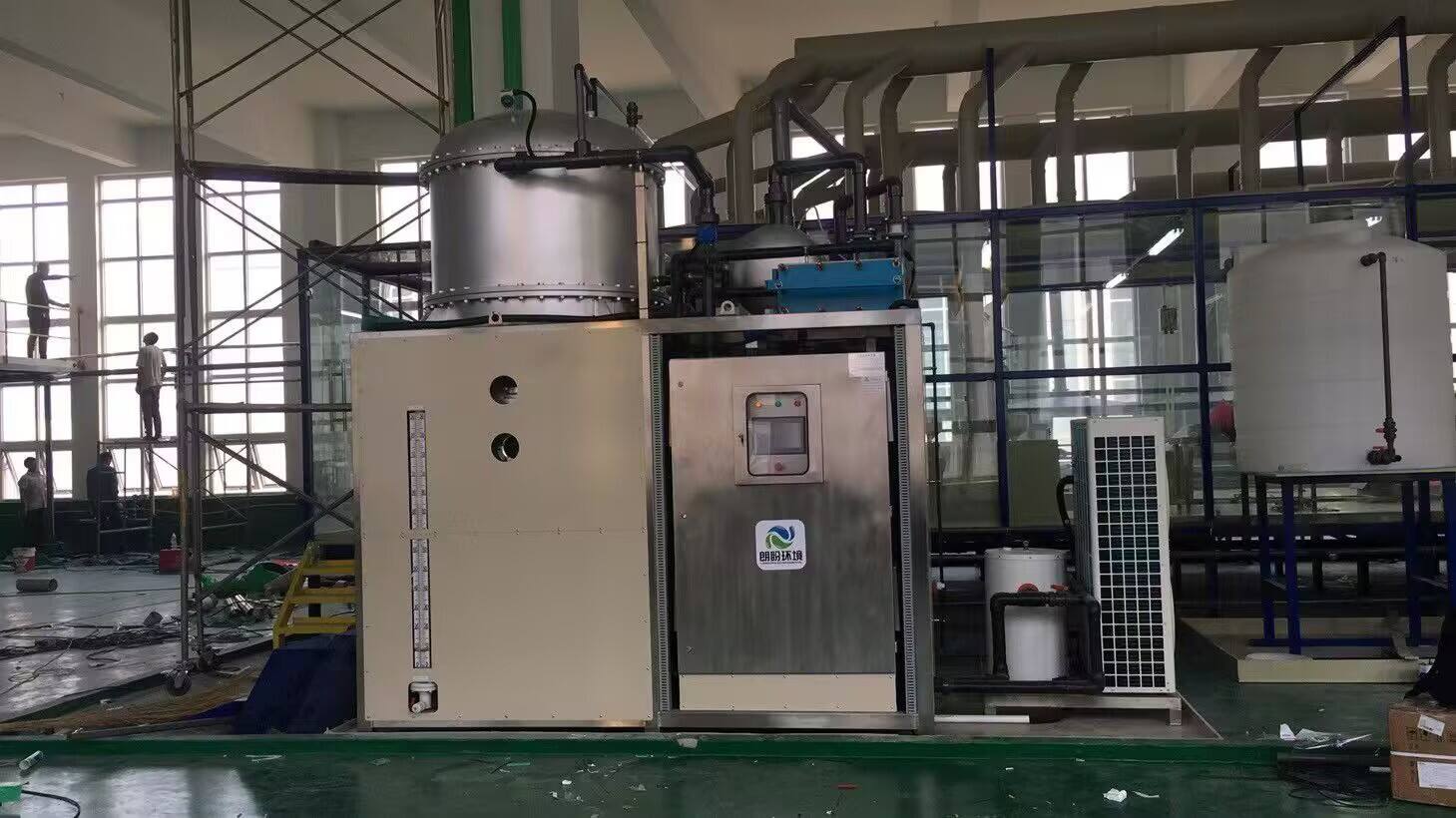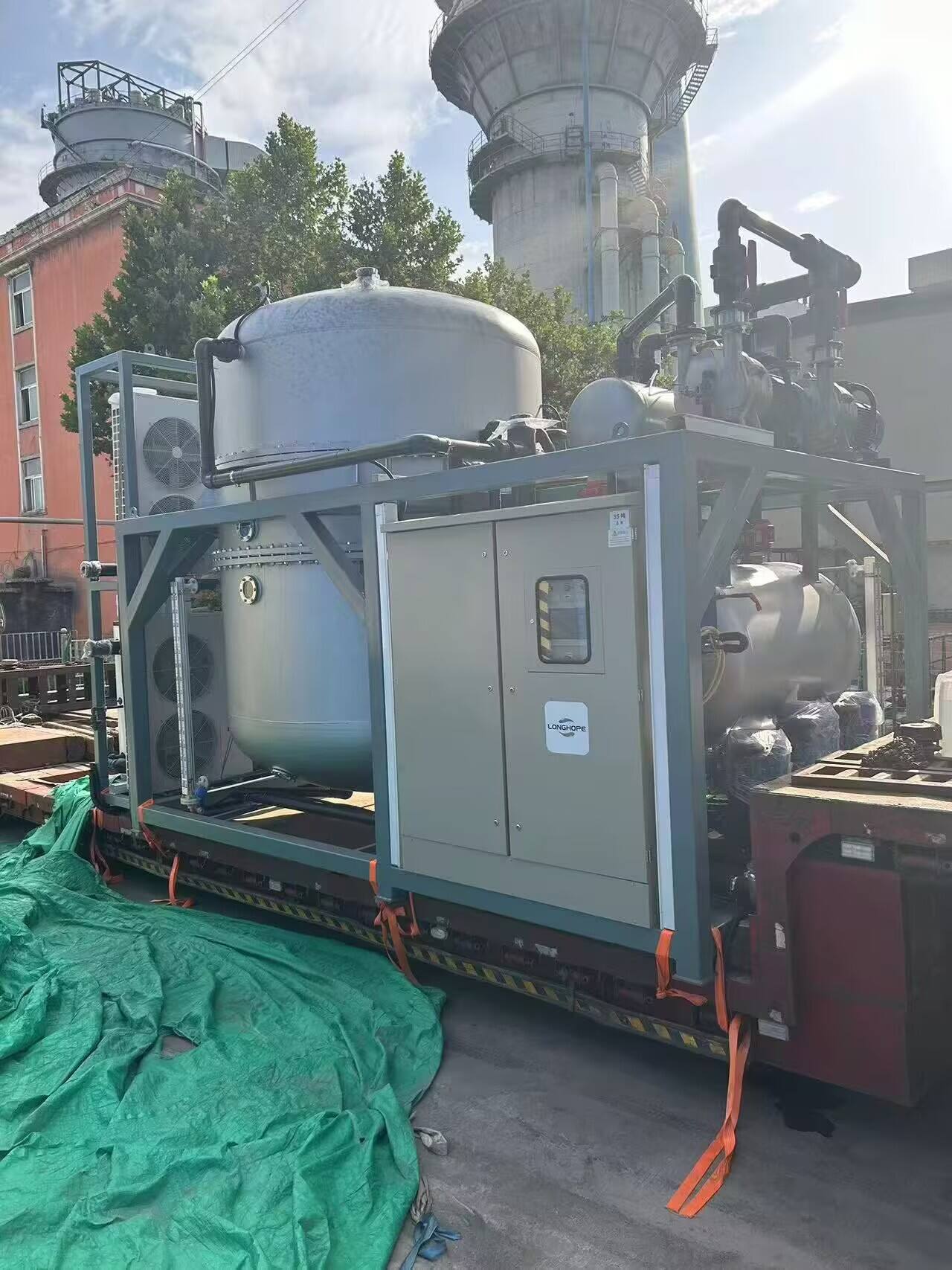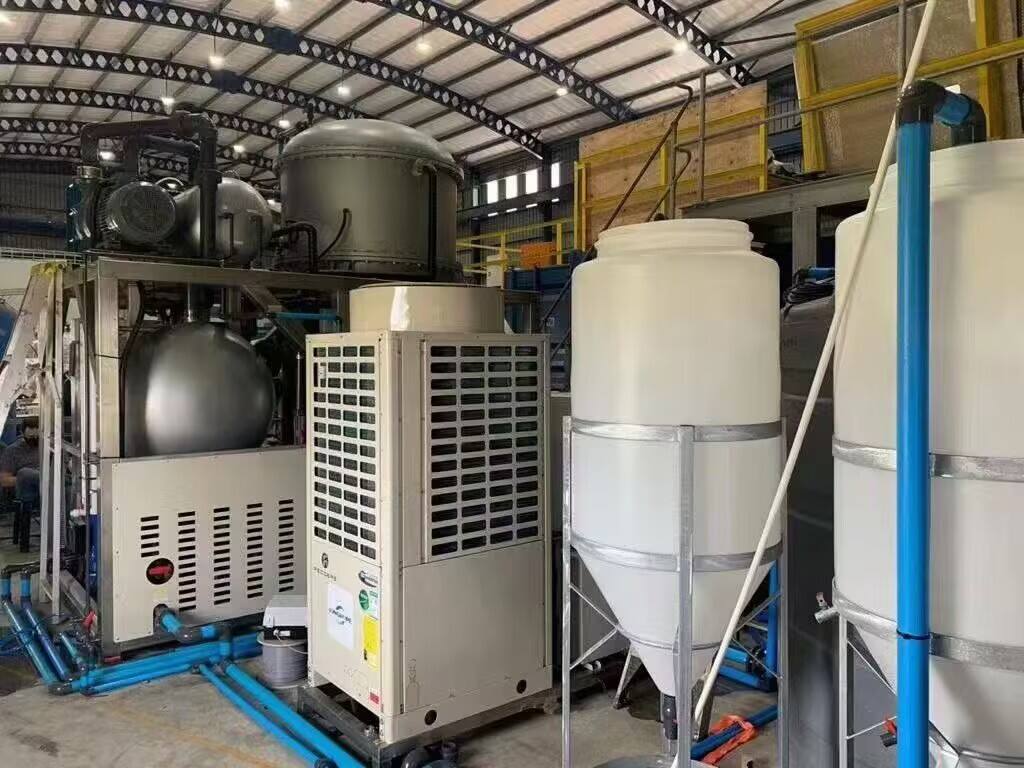industrial water treatment systems
Industrial water treatment systems are sophisticated technological solutions designed to purify, filter, and process water for various industrial applications. These systems employ multiple stages of treatment, including pre-treatment, primary treatment, secondary treatment, and advanced purification processes. The systems utilize cutting-edge technologies such as membrane filtration, reverse osmosis, UV disinfection, and chemical treatment to remove contaminants, suspended solids, biological materials, and dissolved impurities from water. They are essential in maintaining water quality standards across diverse industrial sectors, including manufacturing, power generation, chemical processing, and food and beverage production. The systems are engineered to handle large volumes of water while ensuring consistent quality output, meeting regulatory requirements, and supporting sustainable water management practices. They incorporate advanced monitoring and control systems that enable real-time analysis of water quality parameters, automated adjustment of treatment processes, and efficient resource utilization. These systems are crucial in reducing environmental impact, ensuring regulatory compliance, and maximizing operational efficiency in industrial processes.


